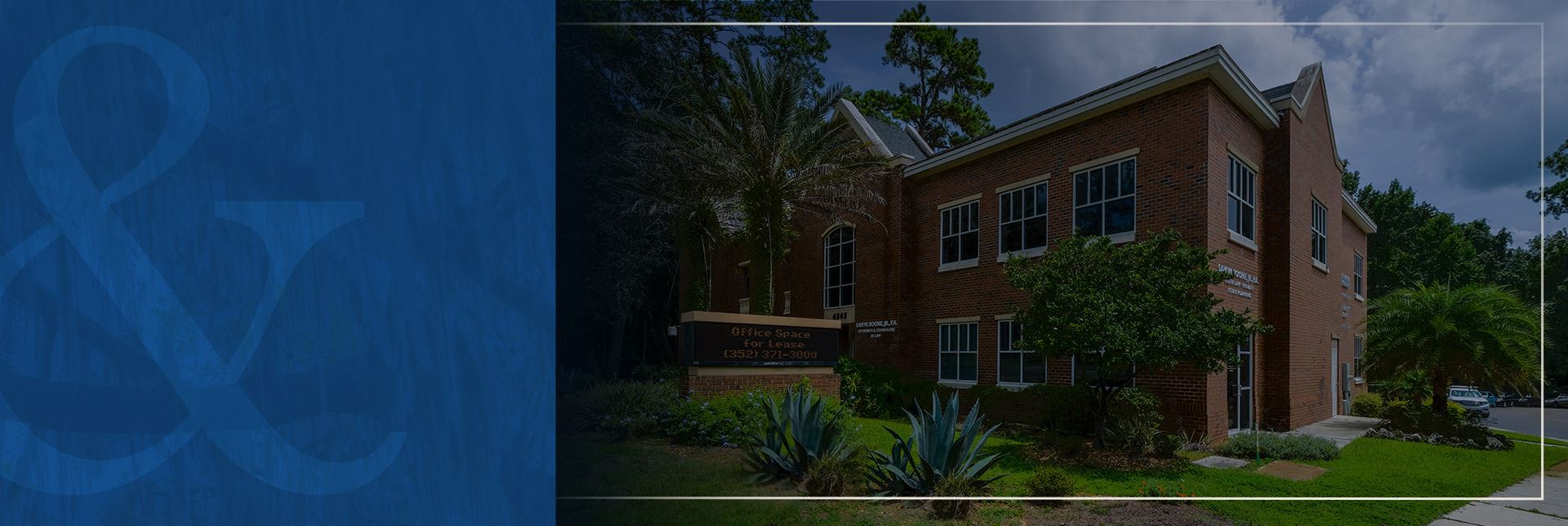Riding a motorcycle offers a sense of freedom that few experiences can match. But accidents happen, and when they do, they can leave motorcyclists with serious injuries, property damage, and a whirlwind of questions. If you’ve been injured in a motorcycle accident, understanding the process of filing an insurance claim can make all the difference in recovering what you’re entitled to.
Unfortunately, dealing with insurance companies isn’t always straightforward. Here’s what you need to know to protect yourself, overcome common hurdles, and ensure your claim is handled fairly.
1. Seek Medical Attention Immediately (Even if You Feel Fine)
Motorcycle accidents often result in severe injuries, but some, like concussions or internal injuries, may not show symptoms right away. Getting medical care as soon as possible is crucial for your health and your case. Seeing a doctor creates an official record of your injuries, which is a critical piece of evidence when filing an insurance claim. Skipping this step could give insurers a reason to deny or undervalue your claim.
Keep copies of your medical records, bills, and doctor’s notes—they’ll play a key role in proving your damages later on.
2. Report the Accident to Law Enforcement and Your Insurance Company
Always report the accident to the police so they can document what happened in an official report. This report can provide important details about the accident, including witness statements and citations issued, which can help establish fault. Be sure to request a copy.
You’ll also need to notify your insurance company about the accident as soon as possible. However, when speaking with them, avoid giving detailed statements without knowing the full scope of your injuries or damages. Sticking to the facts can prevent your words from being used against you later.
3. Understand Your Coverage—and Limitations
Motorcycle insurance policies can vary widely, so it’s important to understand the coverage you have. Common types of motorcycle insurance include:
- Liability Coverage: Pays for damages you cause to others but does not cover your own injuries.
- Uninsured/Underinsured Motorist Coverage (UM/UIM): Protects you if the other driver has no insurance or insufficient coverage.
- Personal Injury Protection (PIP) or Medical Payments Coverage: Covers your medical expenses, but may not be included in all states or policies.
- Collision and Comprehensive Coverage: Covers damage to your bike, whether from an accident or other incidents like theft or weather damage.
Understanding which coverages apply to your claim can help you know what to expect and what you may still need to recover through other legal means.
4. Evidence is Key—Gather It as Soon as Possible
Evidence is your lifeline when filing an insurance claim. Take photos of the accident scene, your bike, your injuries, skid marks, and any other relevant details. Exchange contact and insurance information with the other driver, and get contact information for any witnesses.
If possible, request traffic or security camera footage that may have captured the accident. Motorcycle accidents often carry a bias against the biker, so strong evidence is essential to counteracting any unfair assumptions made by insurance adjusters.
5. Common Challenges to Expect When Filing Claims
Motorcyclists often face unique challenges when dealing with insurance companies. Here are some of the most common ones:
- Bias Against Bikers: Some adjusters may unfairly label motorcyclists as reckless, which can hurt your case unless you have strong evidence to show otherwise.
- Low Settlement Offers: Insurers may offer a quick, low settlement hoping you’ll accept before realizing the full extent of your damages.
- Fault Disputes: Determining fault is often complicated, especially if the other driver claims you were partly responsible.
- Lack of Coverage: If the at-fault driver is underinsured, recovering full compensation can be tricky without uninsured/underinsured motorist coverage in your policy.
Knowing these challenges ahead of time can prepare you to fight back and strengthen your claim.
6. Don’t Settle Too Soon
Settling too quickly can be a costly mistake. Insurers may pressure you to accept a payout before you’ve fully assessed your injuries or damages. Once you accept a settlement, you typically waive your right to pursue further compensation—even if unexpected medical expenses arise later.
It’s best to wait until your injuries are fully treated and evaluated before agreeing to any resolution. Consulting an attorney during this process can help ensure you’re not short-changed.
7. Why You Should Consider Hiring a Personal Injury Attorney
The process of filing a motorcycle insurance claim can be overwhelming, more so when you’re recovering from injuries. Having an experienced personal injury attorney on your side can make a huge difference. Here’s what they can do for you:
- Investigate the accident to determine liability and gather evidence.
- Deal with complex insurance policies and negotiate with adjusters.
- Estimate the full value of your claim, including lost wages, medical costs, bike repairs, and pain and suffering.
- Fight unfair biases or disputes and ensure your rights are protected.
An attorney’s expertise can help level the playing field, especially when facing large insurance companies with well-resourced legal teams.
Gainesville Motorcycle Accident Attorneys
In conclusion, navigating the insurance claims process as an injured biker can be challenging, but with the right knowledge and resources, you can maximize your compensation and achieve a fair settlement. If you're in Gainesville, FL, and need assistance with your personal injury claim, consider reaching out to Schackow & Mercadante. Our experienced attorneys are here to help you navigate the complexities of the claims process and ensure that you receive the compensation you deserve. Contact us today at (352) 261-6767 to schedule a consultation and learn more about how we can assist you.

